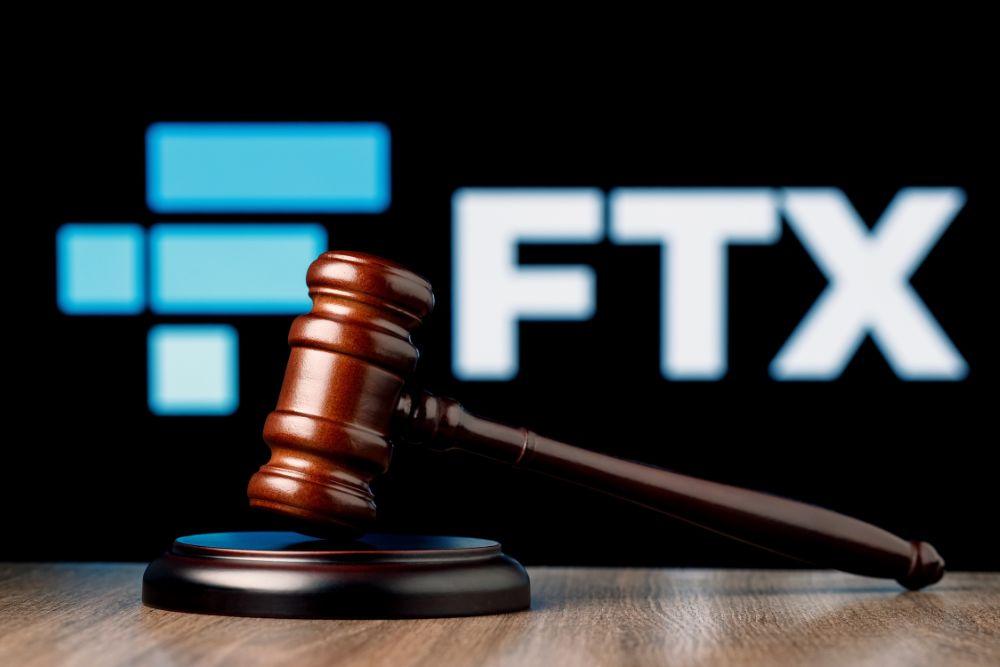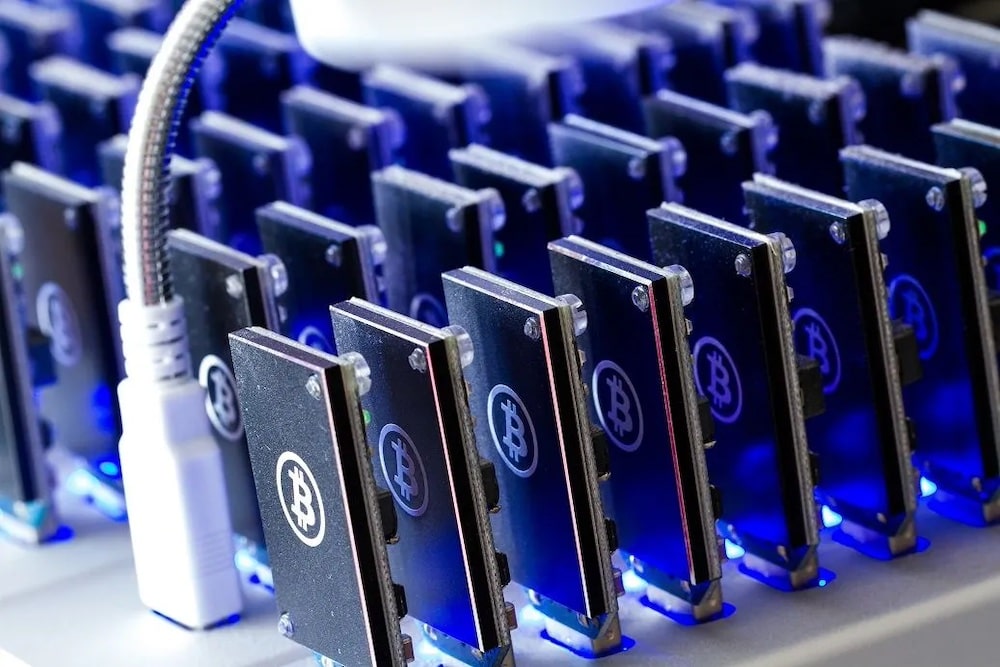BNB Chain’s Most Valuable Builder (MVB) program received $10 million in support from Google Cloud. According to a recent official announcement, the investment will sponsor up to 40 projects building decentralized applications on the BNB Chain.
Google Cloud Supports BNB Chain
The MVB Program is a competitive 4-week incubator program jointly hosted by BNB Chain, Binance Labs, and CMC Labs. It provides mentorship, resources, and potential direct investment opportunities from Binance and is designed to foster the growth of the decentralized ecosystem.
As part of the partnership, selected projects will also receive additional support to fuel their growth. AI-first Web3 projects will be eligible for up to $350,000 in cloud credits over two years, while non-AI-related Web3 projects will receive up to $200,000 in cloud credits over the same period.
These cloud credits will enable MVB projects to leverage Google Cloud’s infrastructure. Overall, the support will assist select startups in reducing operational costs, accelerating development, and focusing on building impactful decentralized applications.
Not Just BNB Chain
While Google Cloud invested $10 million in BNB chain’s MVB program, it also partnered with ZetaChain, another layer-1 blockchain. The blockchain will utilize Google Cloud’s Web3 validator services to bolster the security and decentralization of its ecosystem, as stated in an announcement.
As a validator, Google Cloud will contribute to ZetaChain’s blockchain integrity, block verification, and network consensus. Commenting on this move, Google Cloud’s Head of Web3 Strategy, Richard Widmann, said:
“At Google Cloud, we’re committed to empowering developers with the tools and infrastructure they need to build the future of decentralized applications, our secure cloud infrastructure and validator capabilities will help ZetaChain grow its Universal Blockchain and unlock interoperability for Web3 developers.”
On the other hand, ZetaChain has pledged to delegate one million ZETA tokens to five validators operating on Google Cloud infrastructure. The blockchain developer believes its partnership with the cloud storage firm will make on-chain activities more accessible and efficient for developers and validators.
Big Players Eye DeFi
Decentralized finance has gained significant traction lately, and major players are investing heavily. Crypto exchange Gate.io has invested $10 million in The Open Network (TON) blockchain. In comparison, Bitget and Foresight Ventures have jointly invested $30 million to boost the adoption of emerging trends within the TON ecosystem.
Binance co-founder Chenpeng Zhao, who is worth over $61 billion, has also expressed interest in supporting blockchain projects. These investments and partnerships will likely fuel innovation and growth in the DeFi sector, enabling the development of new financial products and services.








